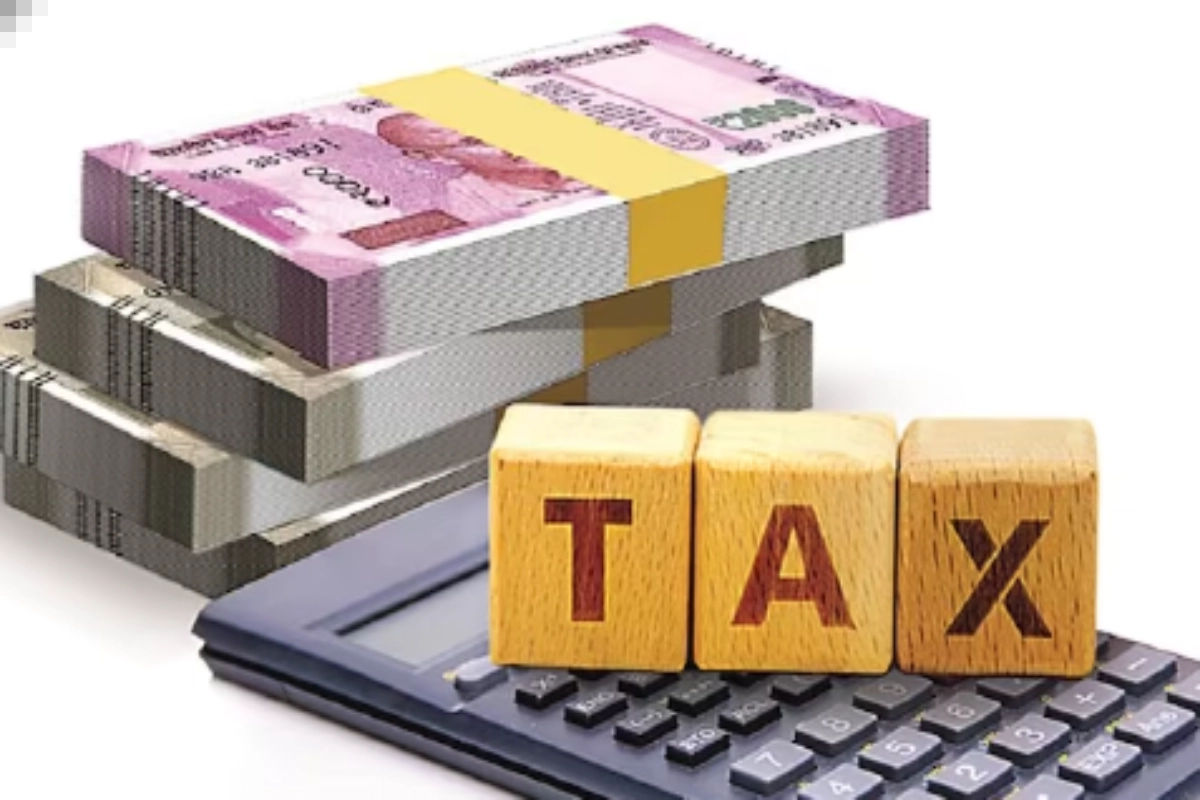Income Tax News: Since the Corona period, there has been a dramatic rise in digital transactions. Nowadays, a big portion of people choose to deal online. However, cash is still used for all kinds of transactions even now. Simultaneously, those who are not comfortable with the internet also like finishing all of their tasks with cash rather than doing transactions online.
Income Tax Regulations on Cash Holdings
The Income Tax regulations do not contain any unique guidelines or restrictions regarding the keeping of cash at home. You can keep any quantity of cash at home if you are able to afford it. But you need to know where to get that much from.
You will be required to present the source if you are ever questioned by the investigative team. Furthermore, the ITR declaration must be presented. That implies you don’t have to worry about how much cash you retain at home if you haven’t gained it by unethical ways.
Consequences of Inability to Provide Source of Funds
You may have serious issues if you are unable to provide the investigating agency with the source of the funds. In this case, the matter is reported to the investigative agency. Next, the amount of tax you have paid is verified by the Income Tax Department. Meanwhile, the Income Tax Department may take legal action against you if unreported funds are discovered during the computations. You may be subject to taxation of up to 137% of the concealed amount in such a case.
The Central Board of Direct Taxes states that you would need to present your PAN card if you take out more than Rs 50,000 in cash at once. A person is required to pay TDS under Section 194N of the Income Tax Act if they withdraw more than Rs 20 lakh during a financial year. This regulation, however, only applies to those who have not submitted an income tax return (ITR) for three years in a row.
TDS Exemption for Individuals with Filed ITRs
In this case, those who have filed ITRs receive some relief. These individuals are exempt from paying TDS when withdrawing money from banks, post offices, or cooperative bank accounts up to Rs 1 crore in a fiscal year.
In this case, you will be required to pay 2% TDS if you withdraw more than Rs 1 crore in cash from the bank in a single year. You would be required to pay 2% TDS on transactions under Rs 20 lakh and 5% on transactions over Rs 1 crore if you haven’t submitted an ITR for the previous three years.
Credit-debit card transactions over Rs 1 lakh at a time can be scrutinised. Other than this, nothing can be purchased with cash for more than Rs 2 lakh. You will also need to present your PAN and Aadhaar here if you choose to proceed with this.











